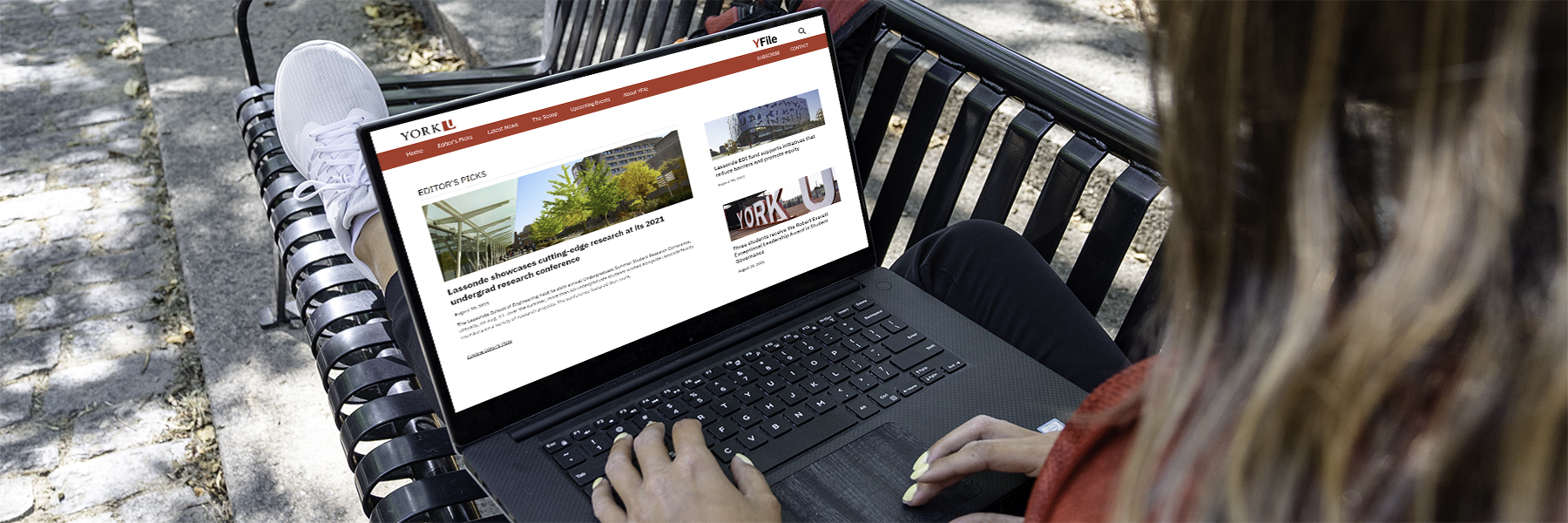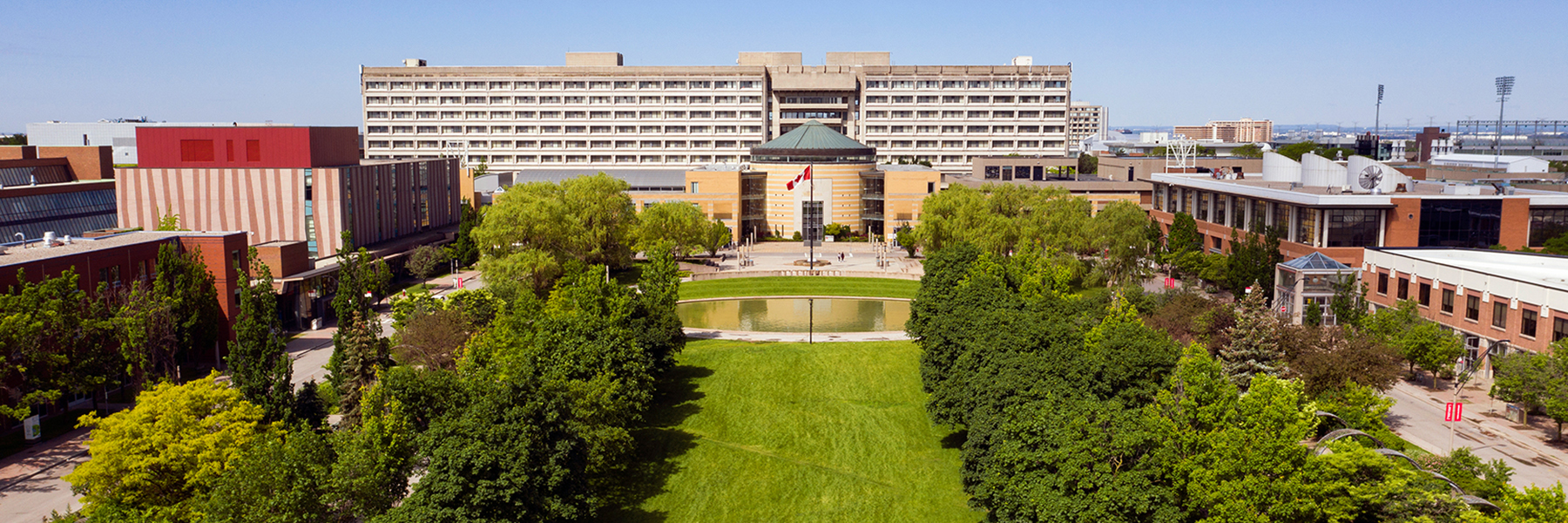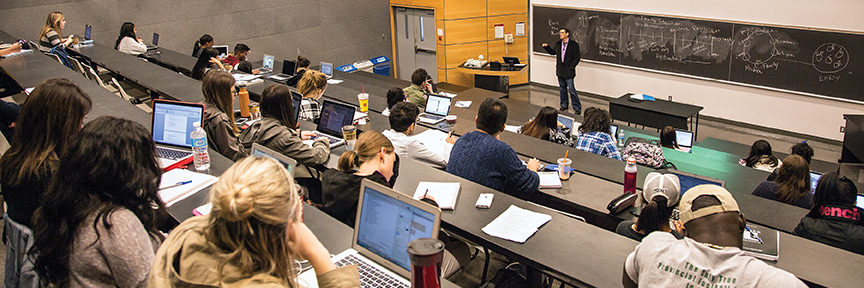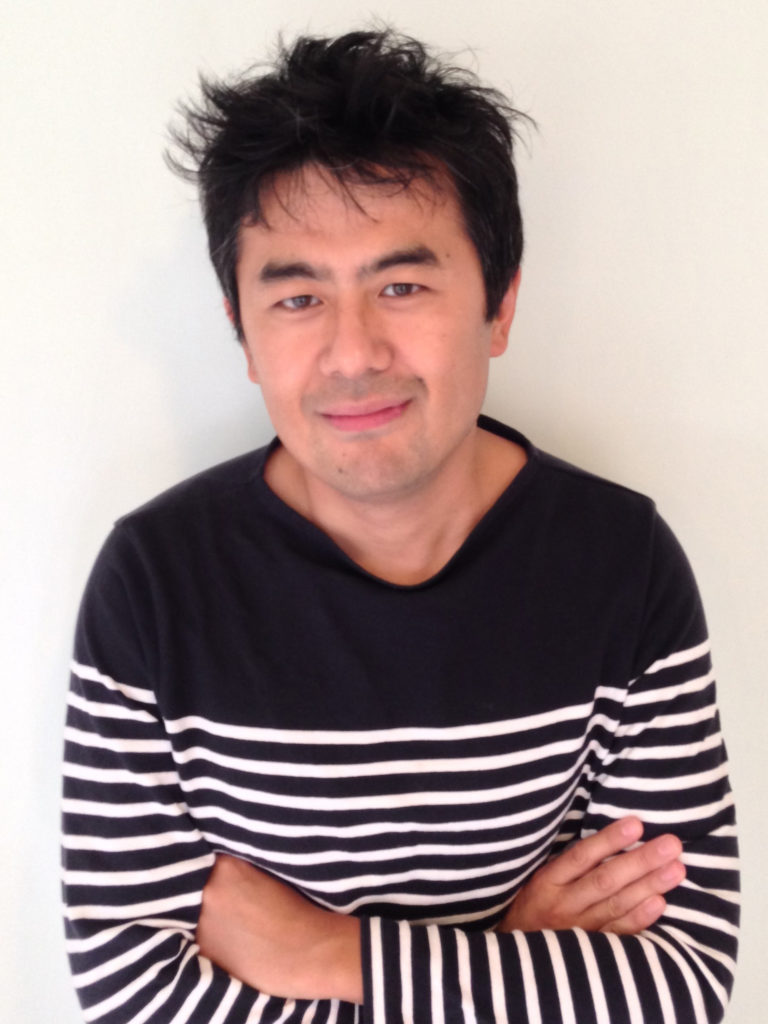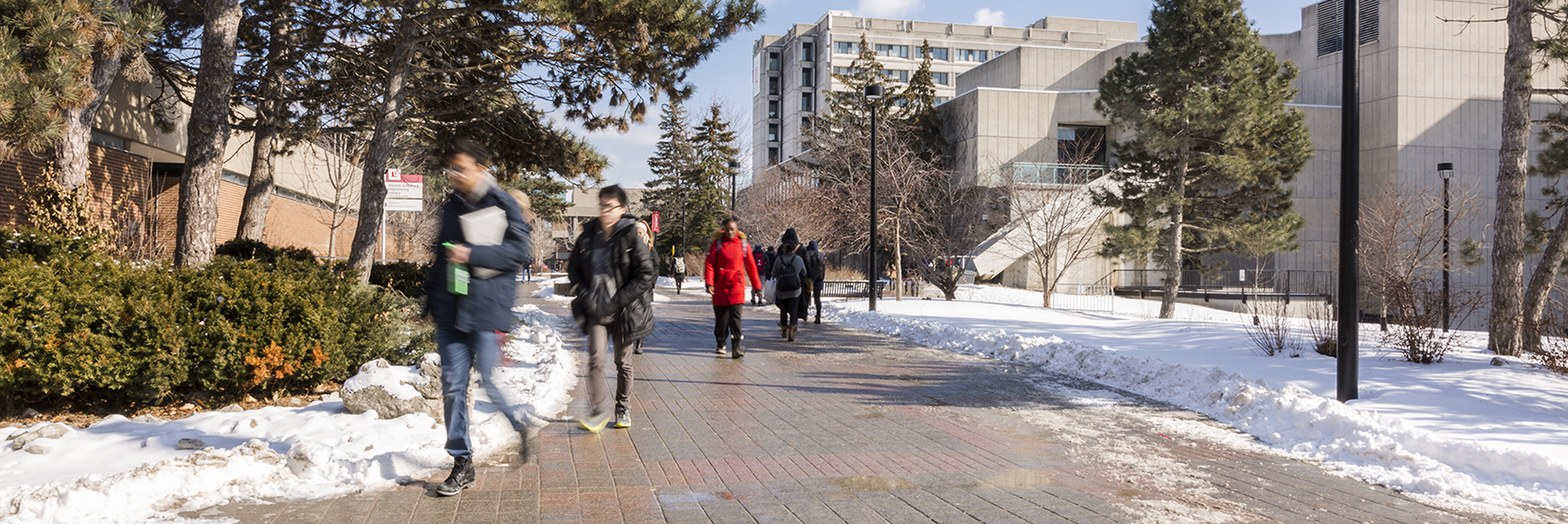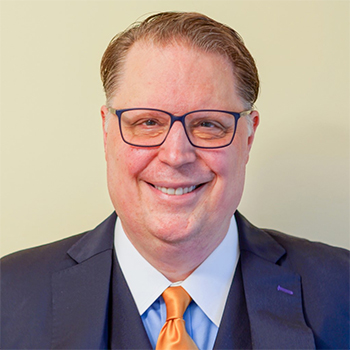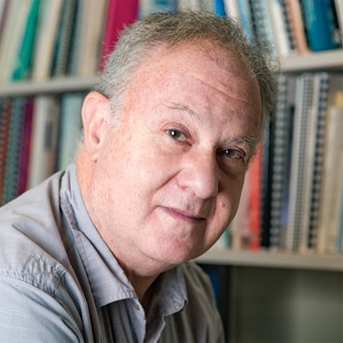Dear colleagues,
The Canadian Safety Council has designated November as Community Safety and Crime Prevention Month, and in Ontario, Nov. 7 to 13 is designated ‘Crime Prevention Week.’ Every fall, the Community Safety Department promotes and recognizes campus safety services and efforts. To recognize this month, we are promoting the many services available to you. We are also celebrating the efforts of our community in supporting safe campuses through the inaugural President’s Community Safety Leadership Awards. The award recipients will be announced later this month.
For information about the University’s community-driven safety strategy, please see the Community Safety Department Strategic Plan. This plan was developed through extensive consultation in which 7,000 community members contributed.
Safer together
We are dedicated to supporting a safe environment to study, teach, work or live at York University. Committed to your safety, we provide a range of services and supports for your needs. We work closely with departments from across the University, including Occupational Health and Safety, Facilities Services and the Division of Students to provide a holistic approach to safety. Your safety is and will always be our greatest priority. We are available to you, and we encourage you to contact us at any time.
Diverse community services – 24/7, 365 days of the year
Since the onset of the pandemic, the Community Safety staff have continued to operate on-site 24/7. Diverse staff make up the department, including a large segment of student staff. Our frontline team members have continuously supported our campuses and have responded to more than 12,000 calls for service over the past year. Staff have also conducted checks on the thousands of safety equipment and systems on York’s campuses, working closely with Facilities Services, to ensure they are in working order. We have also delivered emergency preparedness plans and programs to support the community during the pandemic, including the recent installation of new emergency assembly point signage throughout York’s campuses, and a new online training program for campus emergency procedures.
Direct help and information – York Safety App
We continually update our services with innovative measures for the ease and comfort of our community. The updated York Safety App provides a direct link to information and support from which you can dial directly for help. Please download the free Safety App for quick access to safety resources and to receive campus safety and emergency notifications.
Emergency communication
The Community Safety Department activates York’s emergency notification system when emergency situations and/or safety issues need to be brought to the attention of the community. Messages are delivered through multiple channels, including email, York U Safety App and digital messaging screens throughout York’s campuses.
A wide range of services and supports are available to you. Here is a glance at some of those services.
We stand ready to serve the needs of our community. We welcome your thoughts and suggestions, so please don’t hesitate to let us know how we are doing at Safety@yorku.ca.
To learn more about how we can serve you, please visit the Community Safety Department website.
Sincerely,
Samina Sami
Executive Director, Community Safety Department
Novembre est le Mois de la sécurité communautaire et de la prévention de la criminalité
Cher collègue, chère collègue,
Le Conseil canadien de la sécurité a désigné le mois de novembre comme étant le Mois de la sécurité communautaire et de la prévention de la ciminalité. De plus, en Ontario, la Semaine de la prévention de la criminalité a lieu du 7 au 13 novembre. Chaque automne, le Département de la sécurité communautaire promeut et reconnaît les services et les efforts en matière de sécurité sur les campus. Pour marquer ce mois, nous faisons la promotion des nombreux services qui vous sont offerts. Nous célébrons aussi les efforts de notre communauté en faveur de la sécurité des campus par le biais de la première édition du Prix de la présidente pour le leadership en matière de sécurité communautaire. Les lauréats seront annoncés dans le courant du mois.
Pour plus d’informations sur notre stratégie de sécurité axée sur la communauté, veuillez consulter le Plan stratégique du Département de la sécurité communautaire. Ce plan a été élaboré à la suite d’une vaste consultation à laquelle ont participé 7 000 membres de la communauté.
Sécurité collective
Nous nous engageons à favoriser un environnement sécuritaire pour étudier, enseigner, travailler et vivre à l’Université York. Soucieux de votre sécurité, nous offrons une gamme de services et de soutiens adaptés à vos besoins.Nous travaillons en étroite collaboration avec les autres départements de l’Université — comme la santé et la sécurité au travail, les Services des installations et la Division des affaires étudiantes — afin d’avoir une approche holistique pour appuyer la sécurité. Votre sécurité sera toujours notre priorité absolue. Nous restons à votre disposition et vous pouvez nous contacter à tout moment.
Services communautaires diversifiés : 24 heures sur 24, 7 jours sur 7, 365 jours par année
Le personnel de la sécurité communautaire travaille sur place depuis le début de la pandémie. Le personnel diversifié de notre Département comprend des étudiants et étudiantes. Les membres de notre équipe de première ligne ont continuellement patrouillé sur nos campus et ont répondu à plus de 12 000 appels de service au cours de la dernière année. Collaborant étroitement avec le Service des installations, le personnel a également procédé à la vérification du bon fonctionnement de milliers d’éléments du matériel et des systèmes de sécurité de nos campus. Nous avons également mis en place des plans et des programmes de préparation aux situations d’urgence pour soutenir la communauté pendant la pandémie, y compris l’installation récente d’une nouvelle signalisation pour les points de rassemblement d’urgence dans tous nos campus, et un nouveau programme de formation en ligne au sujet des procédures d’urgence sur les campus.
Aide directe et information : application sur la sécurité York U Safety
Nous mettons continuellement à jour nos services avec des mesures innovantes pour le confort de notre communauté. La nouvelle application York U Safety fournit un lien direct vers des informations et des ressources de soutien et vous permet d’appeler directement à l’aide. Téléchargez l’application gratuite York U Safety pour un accès rapide aux ressources de sécurité et recevoir les notifications de sécurité et d’urgence du campus.
Communications d’urgence
Le Département de la sécurité communautaire active le système de notification d’urgence de York lorsque des situations d’urgence ou des problèmes de sécurité doivent être portés à l’attention de la communauté. Les messages sont diffusés par de multiples canaux, notamment le courriel, l’application sur la sécurité York U Safety et les écrans de messagerie numérique sur tous les campus de York.
Nous offrons un grand nombre de services. Voici un aperçu de certains de ces services.
Nous sommes prêts à répondre aux besoins de notre communauté. Vos idées et vos suggestions sont les bienvenues, alors n’hésitez pas à nous faire part de vos commentaires à l’adresse Safety@yorku.ca.
Pour en savoir plus sur la façon dont nous pouvons vous servir, consultez le site Web du Département de la sécurité communautaire.
Sincères salutations,
Samina Sami
Directrice générale, Département de la sécurité communautaire



